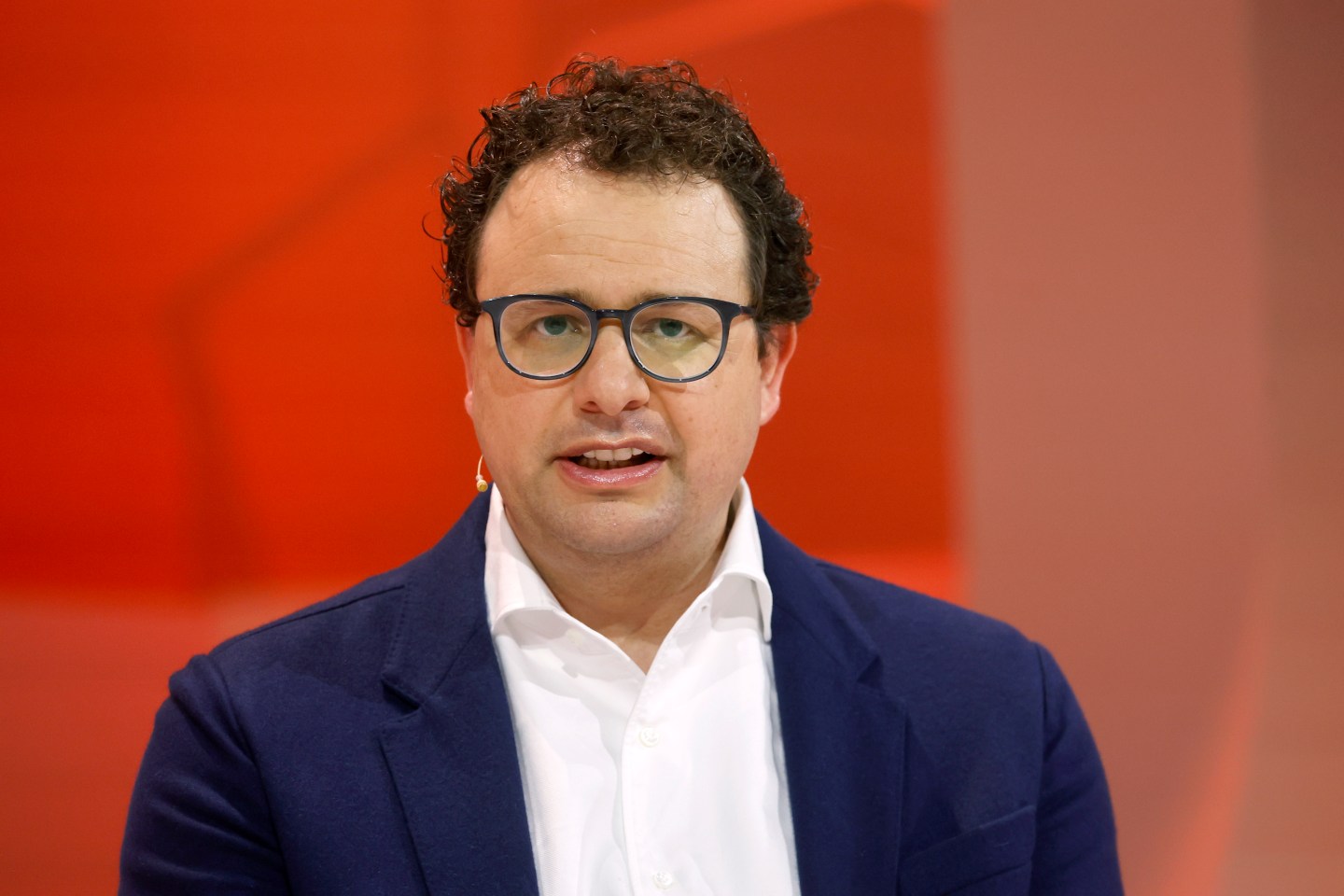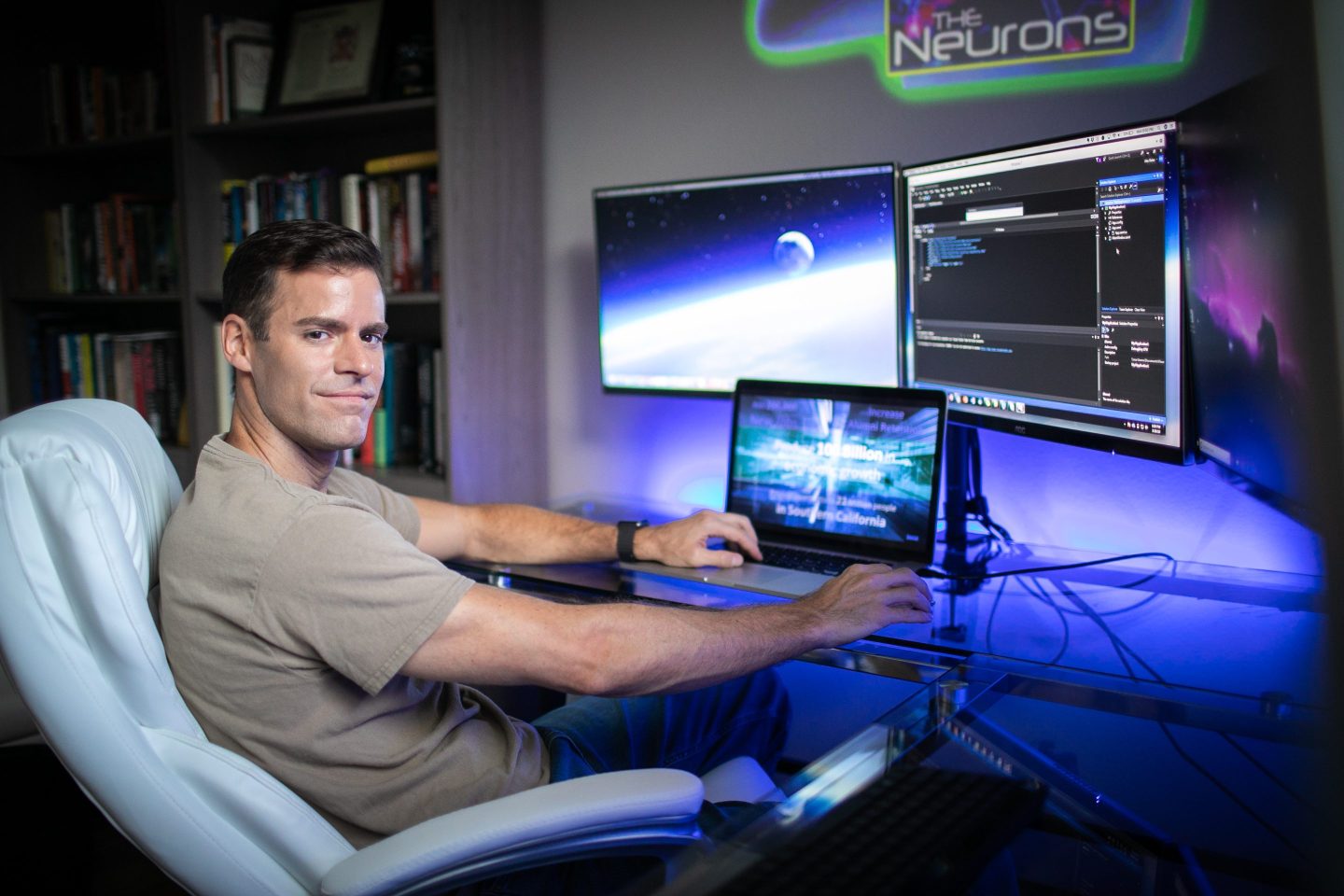- Reid Hoffman defended Anthropic after attacks from President Trump’s AI czar, David Sacks, who accused Anthropic of “regulatory capture.” CEO Dario Amodei rebutted claims and aligned with VP JD Vance’s call for beneficial AI. The clash highlights a growing divide over AI regulation and safety in Silicon Valley.
A week after Anthropic found itself attacked by the Trump administration, the company has found a defender in Reid Hoffman. CEO Dario Amodei also published a lengthy statement rebutting “inaccurate claims” about the company’s policy positions, which used Vice President JD Vance’s words against the White House’s chief AI advisor.
Hoffman, a partner at VC firm Greylock, which, he said, has invested in Anthropic, praised the AI lab as “one of the good guys” in an attempt to push back against attacks by White House AI and crypto czar David Sacks. Sacks accused Anthropic of using “a sophisticated regulatory capture strategy based on fearmongering” to advance regulation, an approach he says is stifling innovation and startups.
“Anthropic, along with some others (incl Microsoft, Google, and OpenAI) are trying to deploy AI the right way, thoughtfully, safely, and enormously beneficial for society,” Hoffman wrote in a post on X. “Some other labs are making decisions that clearly disregard safety and societal impact (e.g., bots that sometimes go full-fascist) and that’s a choice.”
Sacks fired back, calling Hoffman “the leading funder of lawfare and dirty tricks against President Trump.” Fellow PayPal mafia member Elon Musk, who runs xAI, an AI lab not listed in Hoffman’s post, also chimed in with a one-word endorsement of Sacks.
Hoffman responded, writing: “Shows you didn’t read the post (not shocked). When you are ready to have a professional conversation about AI’s impact on America, I’m here to chat.”
Following that, Amodei today published a statement clearly intended to reference Sacks: “There has been a recent uptick in inaccurate claims about Anthropic’s policy stances. Some are significant enough that they warrant setting the record straight.”
He also tried to place himself on the side of Vance. “I strongly agree with Vice President JD Vance’s recent comments on AI—particularly his point that we need to maximize applications that help people, like breakthroughs in medicine and disease prevention, while minimizing the harmful ones. This position is both wise and what the public overwhelmingly wants.”
Tech tensions over AI policy
Over the past year, Anthropic has positioned itself as an advocate of AI safety and regulation. The company has supported state-level regulation, repeatedly opposing a Trump administration–proposed federal preemption bill that attempted to block state-level AI regulation for a decade.
Anthropic was also the only major AI lab to back California’s SB 53, a recently passed bill that regulated AI companies in its home state, requiring more transparency from leading AI labs. Amodei has also publicly criticized the Trump administration’s leadership in the past, likening Trump to a “feudal warlord.” More recently, Amodei criticized the Trump administration’s handling of advanced AI chip export restrictions, urging stricter export controls to China in order to protect U.S. National security.
Despite the repeated public jabs at Anthropic from Sacks, the AI czar has pushed back on claims that he’s actively targeting the company. He publicly disputed a Bloomberg report suggesting his criticism fueled federal scrutiny of the AI lab. In a post on X, he wrote: “Nothing could be further from the truth,” noting that the White House recently approved Anthropic’s Claude app for government use. Instead, Sacks argued that the AI company had deliberately portrayed itself “as a foe of the Trump administration.”
In his official position as AI czar, Sacks has argued that AI regulation, especially at the state level, risks creating a “patchwork” system that would stifle U.S. Innovation and put the country at risk of losing a global AI arms race. His stance aligns with a broader push among pro-Trump tech leaders to prioritize speed and competitiveness over regulation.
“The U.S. Is currently in an AI race, and our chief global competition is China,” Sacks said in an onstage interview at Salesforce’s Dreamforce conference in San Francisco this week. “They’re the only other country that has the talent, the resources, and the technology expertise to basically beat us in AI.”
A growing rift in Silicon Valley
The spat between the White House and Anthropic has sparked a wider divide in Silicon Valley.
Sriram Krishnan, a senior White House policy advisor on AI and one of the authors of the American AI Action Plan, also weighed in last week. Sharing one of Sacks’ posts on X, Krishnan argued that the EA (Effective Altruism) and AI safety lobby had been traditionally allied with the left and were angry over lost influence and credibility.
Krishnan called out members of an “AI safety industrial complex” and accused safety groups of trying to “sneak in AI laws for the entire country using their influence in one state [California],” warning that overregulation could cede the field to China and stifle innovation.
Representatives for the White House did not immediately respond to a request for comment .












